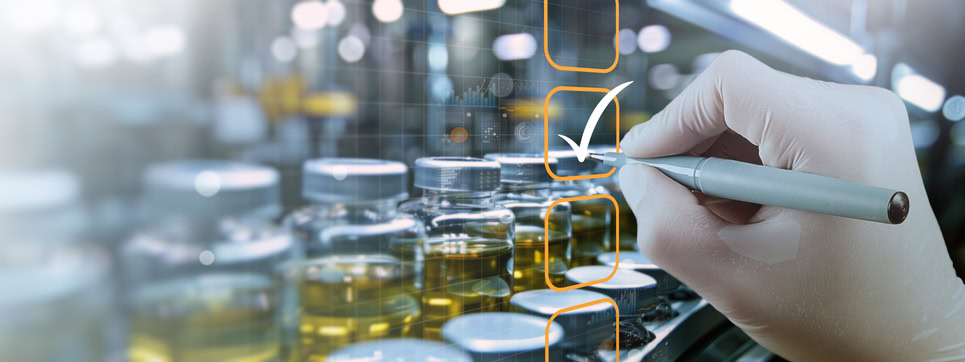Companies regularly rely on third-party laboratory testing data to support regulatory medical device and pharmaceutical submissions, particularly when lacking in-house expertise or facilities. The credibility of these third party laboratories is crucial to regulatory success, but recent actions by the FDA highlight the risks associated with unvetted or noncompliant third party data.
Escalating FDA Scrutiny on Data Integrity
The FDA recently published warning letters to laboratories in China and India with concerns about fraudulent or unreliable testing data from these laboratories. One warning letter to a Chinese laboratory[1] concerned data from cytotoxicity and sensitization studies conducted on different dates with nearly identical results, raising suspicion that the data was not genuine. A series of letters released to an Indian laboratory in 2024 and 2025 notified pharmaceutical companies that any in vitro studies conducted by this laboratory for new drug applications and abbreviated new drug applications must be repeated at different study sites that do not have data integrity concerns.[2]
These warning letters reinforce a memo released from the FDA in February, 2024, warning medical device manufacturers to carefully examine data from third party laboratories to ensure the data is reliable.[3]
“The FDA has noted an increase in unreliable testing data generated by third-party testing facilities on behalf of device manufacturers and sponsors. This has resulted in the FDA being unable to reach a substantial equivalence determination or otherwise authorize marketing for medical devices whose submissions rely on such data.” — FDA Notification, March 2025[4]
Consequences for Manufacturers and Patients
This surge in data integrity issues has led the FDA to reject entire submissions, preventing the agency from reaching substantial equivalence determinations or authorizing marketing for affected medical devices. When the FDA cannot rely on submitted data, not only are sponsors forced to repeat costly studies, but patient access to new devices is also delayed, and supply chains may be disrupted.
Cambridge Polymer Group’s Commitment to Data Integrity
At Cambridge Polymer Group, we recognize the regulatory and reputational risks associated with unreliable data. Our protocols follow published standards, with calibrated, verified equipment, rigorous data checks, and comprehensive review processes. All raw and processed data, as well as equipment information, are available for client and regulatory inspection, ensuring transparency and readiness for regulatory review.
Conclusion
The FDA’s ongoing focus on data integrity makes it clear: the cost of unreliable third-party testing is high, with potential for regulatory setbacks, financial loss, and reputational harm. Selecting a transparent, compliant, and reliable laboratory partner is essential for successful regulatory submissions and for maintaining patient and market trust.
[1] https://www.raps.org/news-and-articles/news-articles/2025/3/fda-admonishes-chinese-device-testing-lab-for-fals
[2] https://www.fda.gov/drugs/drug-safety-and-availability/fda-pharmaceutical-companies-certain-studies-conducted-raptim-research-pvt-ltd-are-unacceptable
[3] https://www.fda.gov/medical-devices/industry-medical-devices/fraudulent-and-unreliable-laboratory-testing-data-premarket-submissions-fda-reminds-medical-device
[4] https://www.fda.gov/medical-devices/industry-medical-devices/notifications-data-integrity-medical-devices

